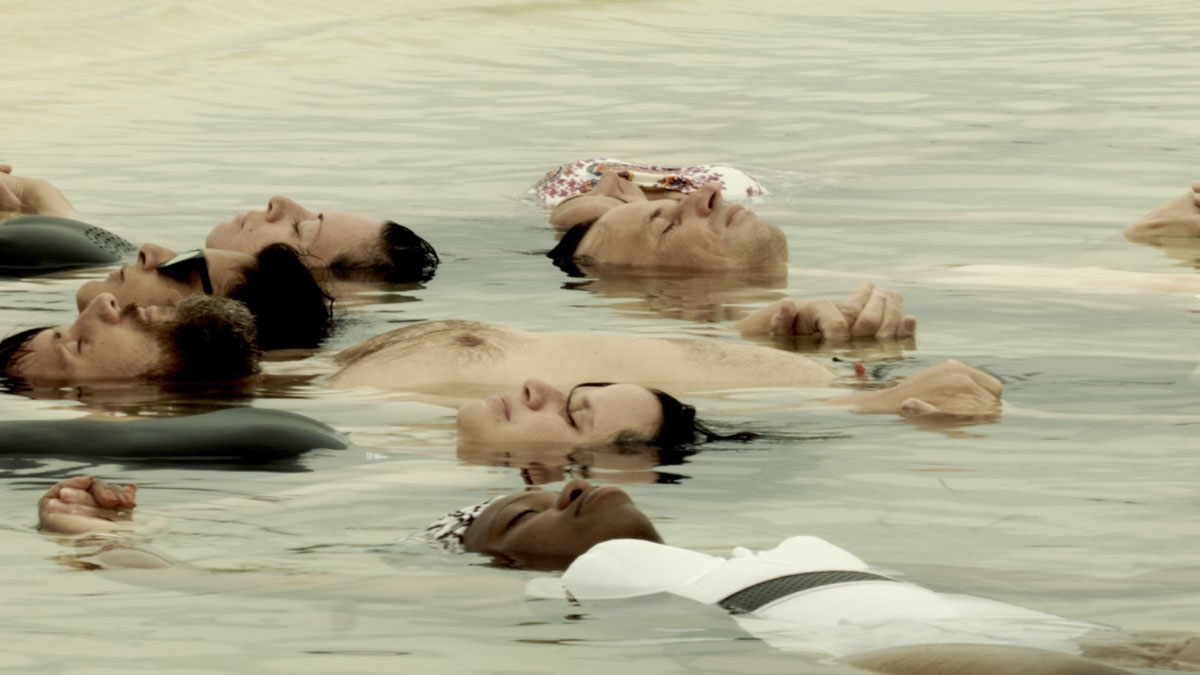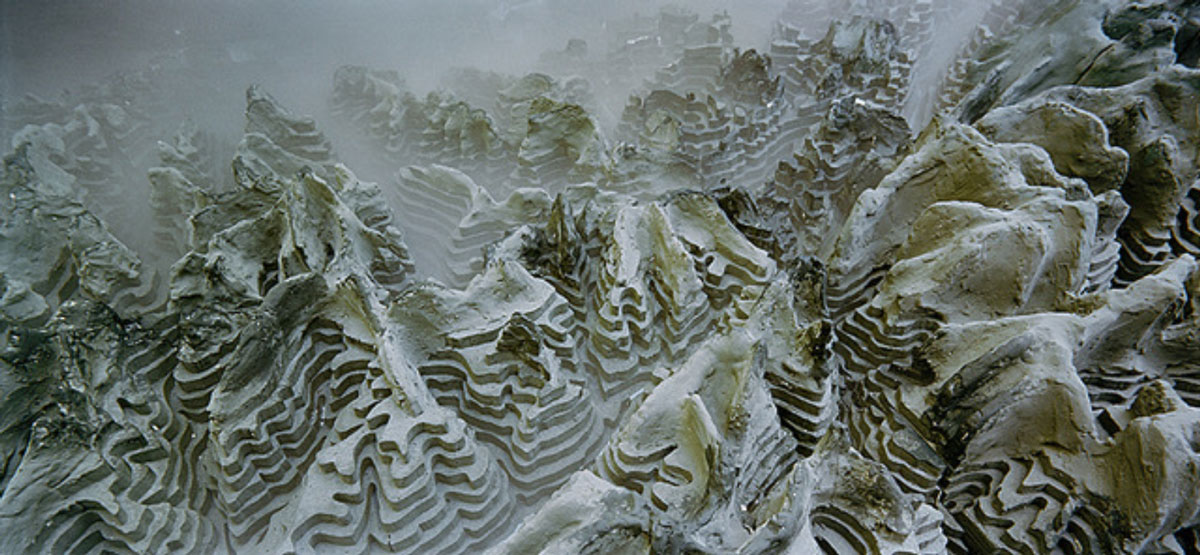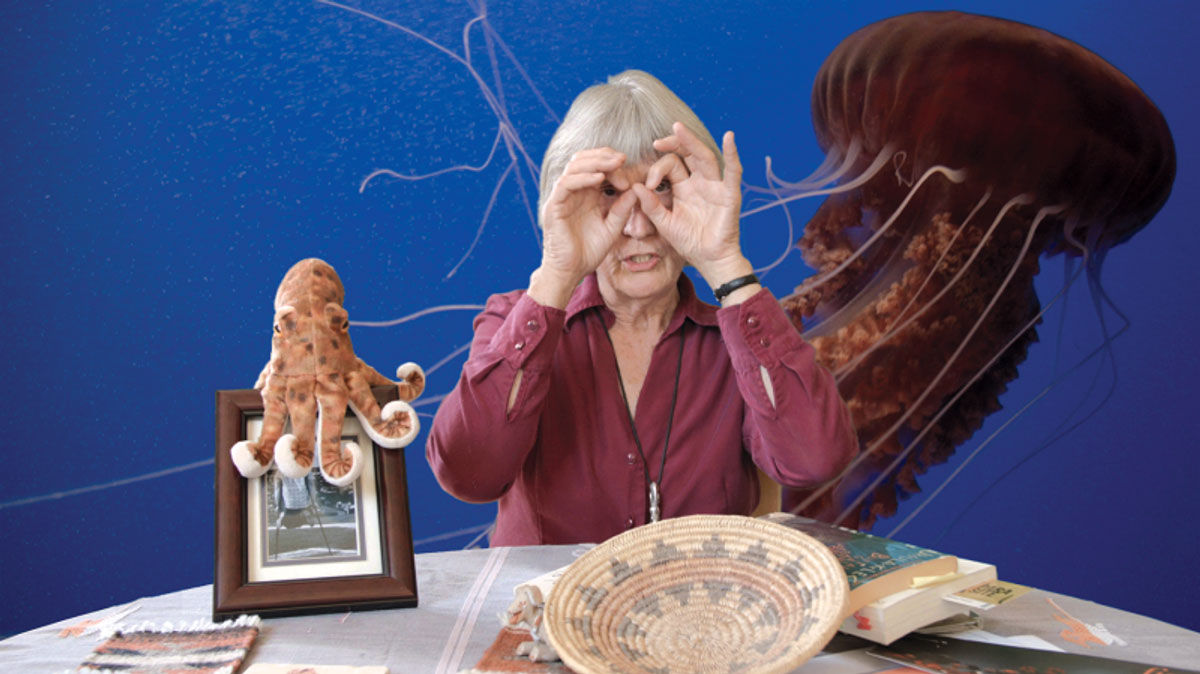ART-PRESENTATION: Radio Disaster-The Climate Change Series
 “Radio Disaster: The Climate Change Series” is a year-long series of keynote lectures and screenings by cultural producers, thinkers and scientists devoted to the subject of climate change. The programme is an homage to philosopher Walter Benjamin’s radio broadcast for children (1929–32) which was devoted to catastrophes around the world such as the 1755 Lisbon earthquake and the Great Mississippi Flood of 1927. The series is an attempt to develop a deeper discourse on climate change as a catastrophic and irreversible change for our planet.
“Radio Disaster: The Climate Change Series” is a year-long series of keynote lectures and screenings by cultural producers, thinkers and scientists devoted to the subject of climate change. The programme is an homage to philosopher Walter Benjamin’s radio broadcast for children (1929–32) which was devoted to catastrophes around the world such as the 1755 Lisbon earthquake and the Great Mississippi Flood of 1927. The series is an attempt to develop a deeper discourse on climate change as a catastrophic and irreversible change for our planet.
By Efi Michalarou
Photo: Mudam Luxembourg Archive
“Radio Disaster: The Climate Change Series” follows a progressive structure: from a macroscopic and sociological perspective to a technological and microscopic view. Starting with the theme of the Anthropocene, the opening lecture by Suzanne Dhaliwal providez a global overview of our geopolitical condition. The programme then moves on to consider the vastness of oceans and the dramatic decline of marine ecosystems with a lecture by Chus Martínez. A series of film screenings are included alongside the lectures, including a documentary about feminist scholar, “Donna Haraway: Story Telling for Earthly Survival” (2017) by Fabrizio Terranova, “Alpi” (2011) by artist Armin Linke and “Sea Lovers” (2019) a film by artist Ingo Niermann. The documentary “Donna Haraway: Story Telling for Earthly Survival” features feminist scholar Donna Haraway (in a playful and engaging exploration of her life, influences and ideas. Haraway is a passionate and discursive storyteller and the film is structured around a series of discussions on subjects including capitalism and the Anthropocene. The film also engages on topics such as science fiction writing as philosophical text, unconventional marital and sexual partnerships, the role of Catholicism in her upbringing, the suppression of women’s writing and the need for new post-colonial and post-patriarchal narratives. “Alpi” is the result of seven years of research on contemporary perspectives of the landscape of the Alpine region, juxtaposing places and situations across all eight bordering nations where four different languages are spoken. In the film, the Alps are encountered like an island that is connected to various global transformations. ‘We undertook many journeys in the alpine region, which, ironically, led us as far as Dubai.’ The film shows the Alps as a key location, owing to its delicacy and the importance of its environment, where one can observe and study complex social, economic and political relationships. In contemporary Europe, the Alps are a hotbed for modernity and its illusions. Large parts of the sea are used in a similar fashion to the countryside. Still, its liquidity and enormous size sustain substantial differences. The oceans slip away from national and personal liability. The video “Sea Lovers” portrays a group of people who aspire to a more intimate relation with the ocean. They try to learn to enjoy not just the lovable and the intelligent but also the gloomy and the uncanny. Via exercise and technology, they work towards a sea of love where all creatures help and celebrate each other. Written and directed by Ingo Niermann and filmed and edited by Roman Bayarri Sea Lovers features Ana María Millán and the fellows of the TBA21–Academy, The Current II, Expedition #2, “The Solomon Exercises”, which was led by Chus Martínez. The score has been created by producer Ville Haimala and the singers Franziska Aigner and Dan Bodan. The film was commissioned by TBA21–Academy. Lectures: Suzanne Dhaliwal – “Decolonising Climate Justice”: Environmental justice, economic justice, racial justice and gender justice are indivisible parts of a global struggle to readdress existing power structures. Active movements must ensure that these matters are embedded in the agenda of the transition away from the fossil fuel economy by addressing the root causes of capitalism and colonialism. Not only are we facing loss and destruction at a rate that we have never witnessed before, but the violence to communities protecting the last intact biodiversity on the planet has also never been as intense. The climate crisis calls for unprecedented creativity to respond to the scale of the disaster. We must find ways to build interdisciplinary, intersectional, and international responses to the crises. Chus Martínez –“The Current”: Is the Ocean an art space? With this question in mind, curator and researcher Chus Martínez has explored different concerns with the state of the ocean and the discourse around it. Through the three-year programme “The Current” she has engaged with the most pressing issues related to oceans and explored contemporary solutions in relation to art.
Photo: Ingo Niermann, Sea Lovers (still), 2020, Duration: 20 min, Written and directed by: Ingo Niermann, Featuring performances by: Ana María Millán and the fellows of the TBA21–Academy, The Current II, Expedition #2, “The Solomon Exercises”, led by Chus Martínez, Filmed and edited by: Roman Bayarri, with additional footage by: Pierre Beltran (drone and underwater), Ana María Millán (dog, worms), Daniel Patterson (dolphins), Francesca Thyssen-Bornemisza (octopus), Score: Spoken and sung by Franziska Aigner and Dan Bodan, Produced by: Ville Haimala, Commissioned by: TBA21–Academy
Info: Curator: Joel Valabrega, Mudam Luxembourg – Musée d’Art Moderne Grand-Duc Jean, 3 Park Dräi Eechelen, Luxembourg, Dates: Lectures: Suzanne Dhaliwal (8/5/2021) & Chus Martínez (9/6/2021), Sea Lovers (9/6/2021), Alpi (18/7/2021), Story Telling for Earthly Survival (23/10/2021), www.mudam.com


